Author: Ellen Morrissey
-
Republican party committees maintain lead in cumulative fundraising in 2026 election cycle

As of May 31, 2025, the end of the most recent party committee campaign finance filing period, the three committees associated with the Democratic Party have raised a cumulative $146 million and spent $145 million in the 2026 election cycle, while the three committees associated with the Republican Party have raised $172 million and spent…
-
Republican party committees lead in cumulative fundraising as of fourth campaign finance deadline of the 2026 election cycle
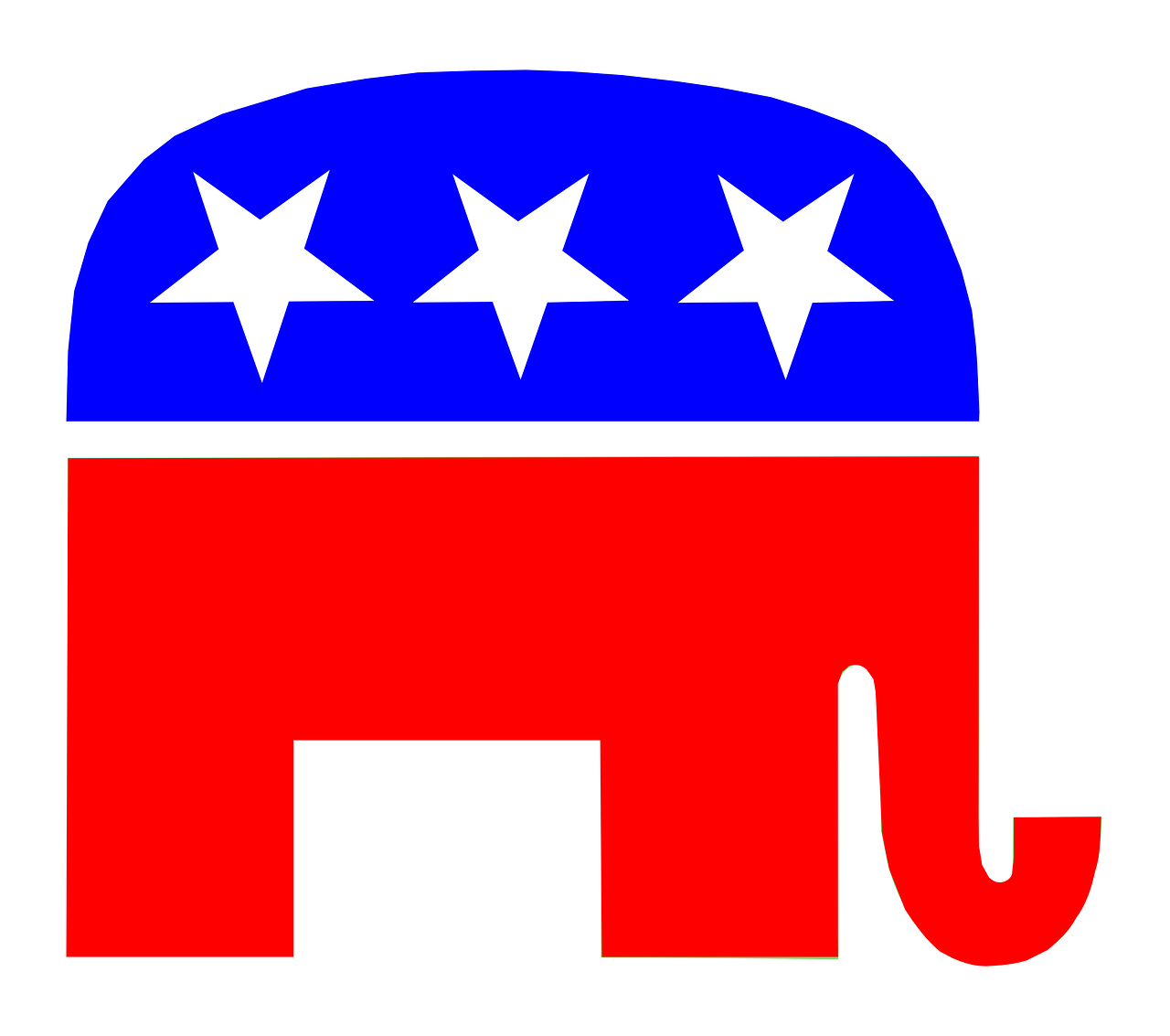
As of April 30, 2025, the end of the most recent party committee campaign finance filing period, the three committees associated with the Democratic Party have raised a cumulative $122 million and spent $116 million in the 2026 election cycle, while the three committees associated with the Republican Party have raised $143 million and spent…
-
Republican party committees lead in cumulative fundraising as of third campaign finance deadline of the 2026 election cycle

As of March 31, 2025, the end of the most recent party committee campaign finance filing period, the three committees associated with the Democratic Party have raised a cumulative $96 million and spent $89 million in the 2026 election cycle, while the three committees associated with the Republican Party have raised $113 million and spent…
-
U.S. House votes to adopt Senate-amended budget resolution
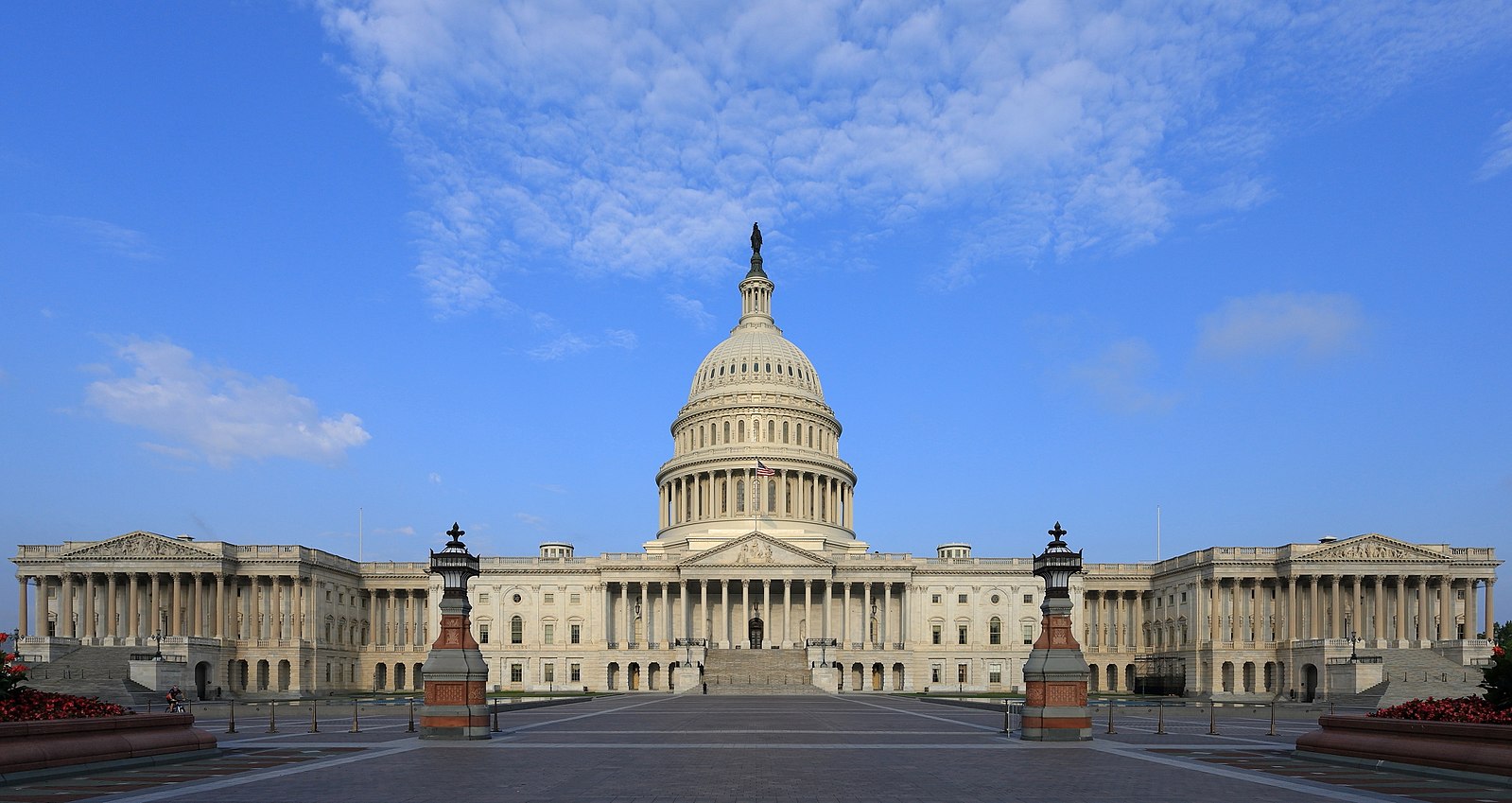
On April 10, the House of Representatives voted to adopt the Senate-amended version of budget resolution HCon.Res.14, completing the budget resolution process. The House voted 216-214 in favor of the resolution, with 216 Republicans voting in favor and Reps. Victoria Spartz (R-Ind.) and Thomas Massie (R-Ky.) joining 212 Democrats in voting against the resolution. The…
-
President Donald Trump (R) issued thirty-three executive orders in March
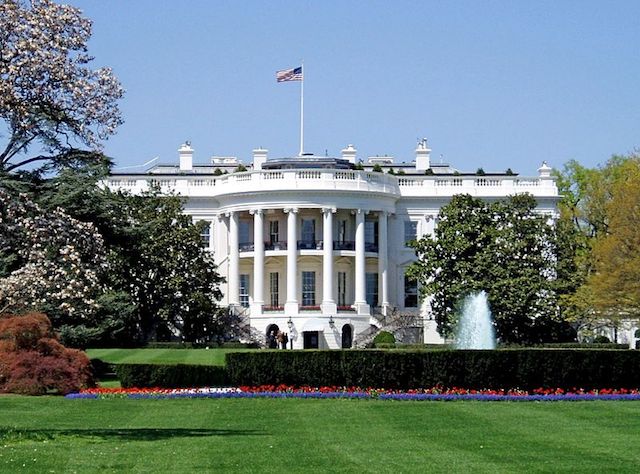
President Donald Trump (R) issued thirty-three executive orders in March, bringing his total to 109. To view the titles and text of each order he issued in March, click here. Trump issued 46 executive orders in January 2025, more than any other month of his presidency. He issued 30 executive orders in February 2025, fewer…
-
Republican party committees lead in cumulative fundraising as of second finance deadline of the 2026 election cycle

As of Feb. 28, 2025, the end of the most recent party committee campaign finance filing period, the three committees associated with the Democratic Party have raised a cumulative $57 million and spent $58 million in the 2026 election cycle, while the three committees associated with the Republican Party have raised $67 million and spent…
-
President Donald Trump (R) has issued most executive orders in the first 100 days of his presidency since Franklin Delano Roosevelt (D)
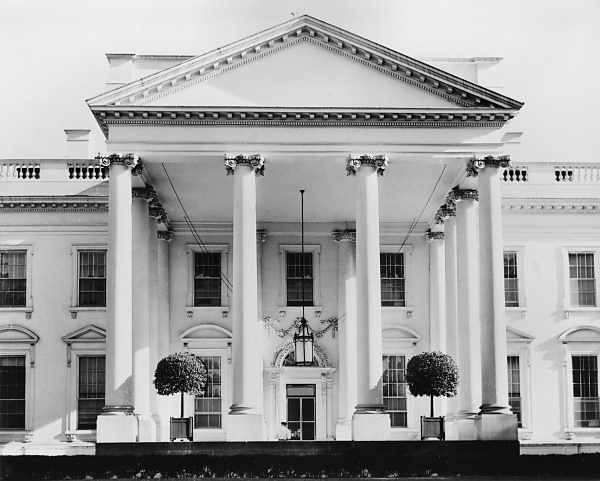
As of March 23, 2025, President Donald Trump (R) has issued 98 executive orders so far in his second presidential term. This is the most executive orders issued by a president during the first 100 days of an administration since Franklin Delano Roosevelt (D), who issued 99 orders during that timeframe. Recent orders issued by…
-
All 15 of President Donald Trump’s (R) Cabinet secretaries have now been confirmed
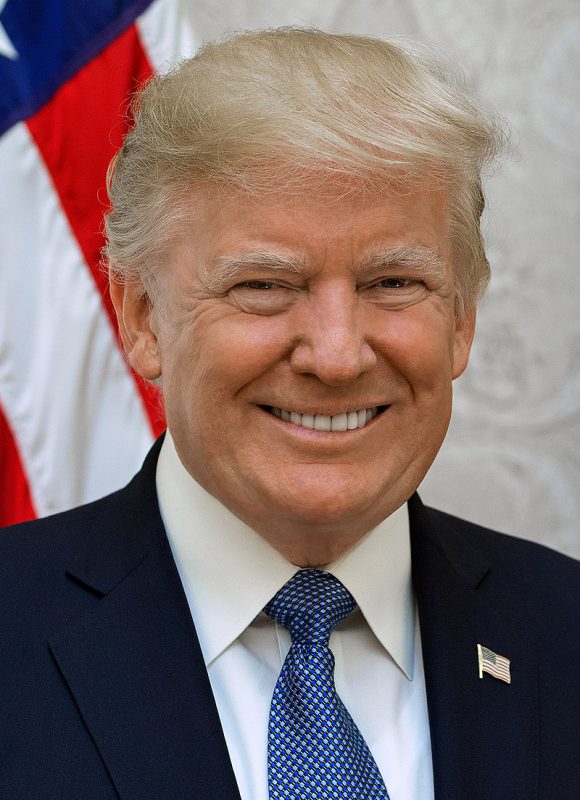
All 15 of President Donald Trump’s (R) main Cabinet secretaries have now been confirmed, following the confirmation of Lori Chavez-DeRemer for secretary of labor on March 10, 2025. The Senate voted 67-32 to confirm Chavez-DeRemer, with 16 Democrats and 51 Republicans voting in favor of her nomination. Among presidents serving from 2009 to the present,…

